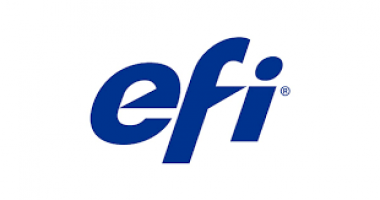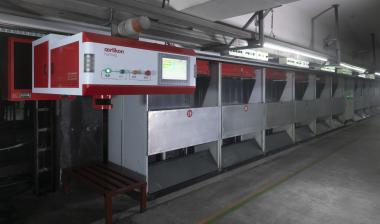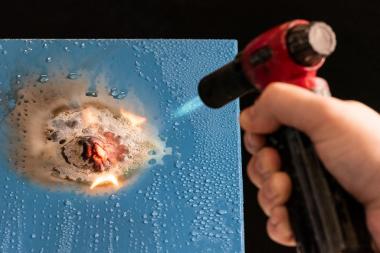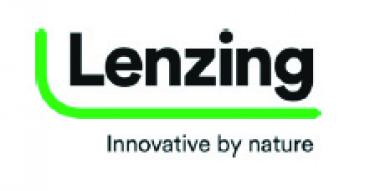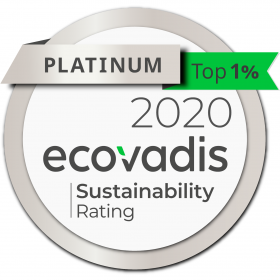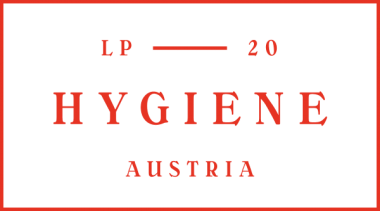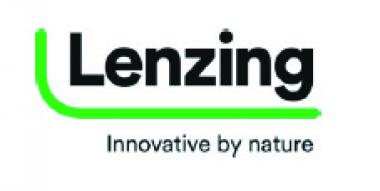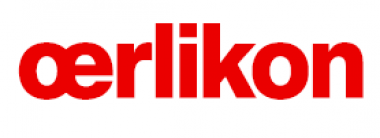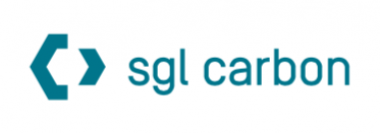EFI Reggiani to participate in Innovate Textile & Apparel Virtual Trade Show
EFI™ Reggiani, a leading developer and manufacturer of cutting-edge technologies and sustainable solutions for the textile industry, will take part in the World Textile Information Network (WTiN) Innovate Textile & Apparel Virtual Trade Show from October 15 to 30.
Like many industry groups around the world that have begun re-thinking tradeshows out of concern for public health, WTiN launched the tradeshow as an online event designed to reconnect innovation in the value chain.
EFI Reggiani textile solutions to be featured at the event include a complete range of digital and analogue printers and pre- and post-treatment lines. Plus, the event’s display of EFI Reggiani technologies will also feature one of the industry’s broadest line-ups of high-end, superior-quality textile inks, together with short, sustainable processes – such as pigment and direct sublimation printing – as well as greener, eco-friendly denim dyeing solutions.
During the Innovate tradeshow, EFI Reggiani will also take part in the 20 October “Clash of the Titans” roundtable chaired by WTiN, which will bring together industry leaders to debate the future of textile inkjet printing.
EFI


